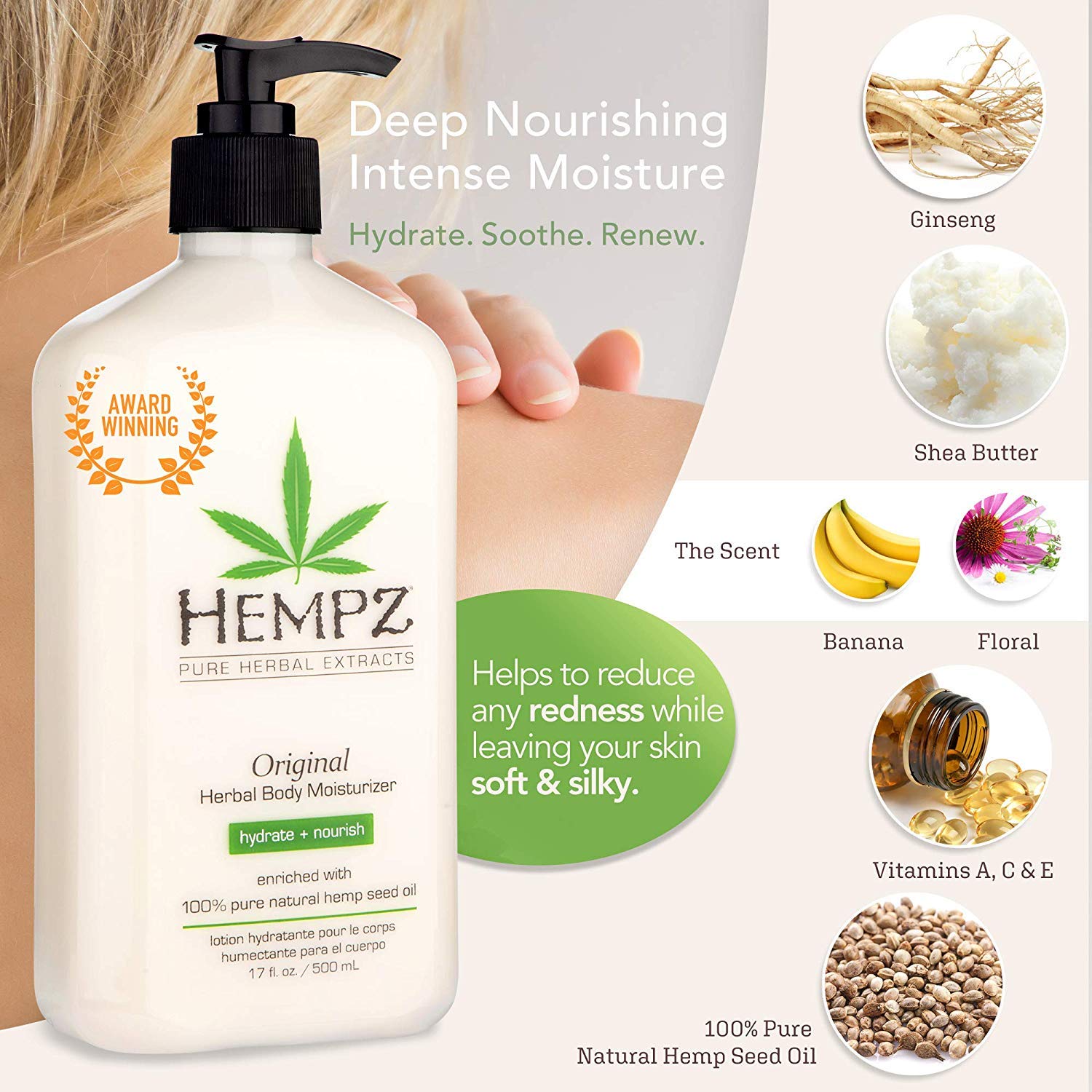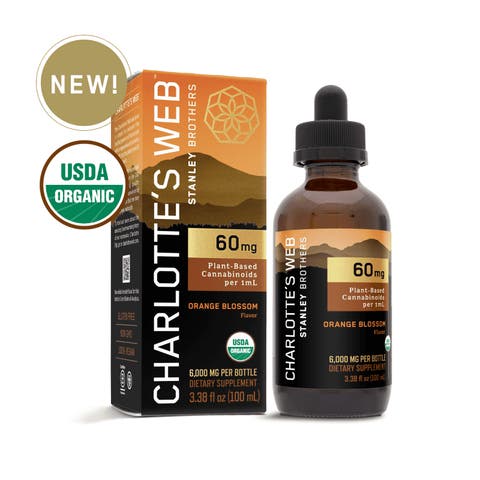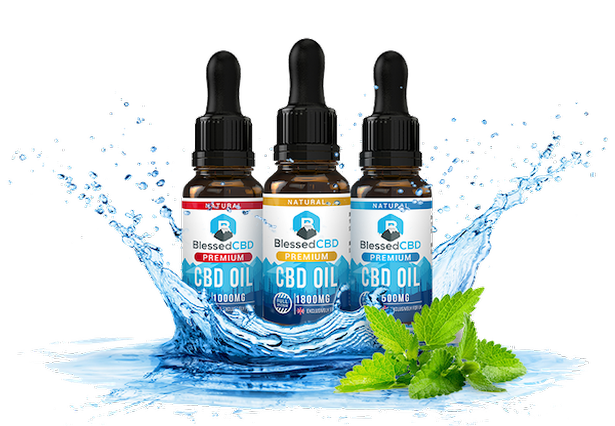
CBD products that have been marketed for human consumption, particularly those for food-producing animals, are raising concerns. FDA is looking at whether to enforce federal food- and drug laws. Many questions need to be asked, including whether a business is violating FDA labeling requirements. This article focuses on the current state of the matter.
Violations of FD&C Act
Five companies were cited by FDA for violating the FD&C Act after receiving a warning letter. CBD is a nonpsychotropic substance found in Cannabis Sativa plants. The FDA informed the companies that they were illegally marketing CBD products as medical treatments.
Numerous CBD-products companies have been shut down following the FDA warning. These companies claimed that their CBD products were able to prevent, diagnose, treat, or mitigate serious diseases. These products were also being marketed as dietary supplements, which violates the FD&C Act.

The FD&C Act restricts the introduction and sale of CBD products OTC. It does not forbid their use as a food ingredient. CBD products must fulfill specific marketing requirements without a new drug application.
Concerns over CBD products being sold to animals that produce food
FDA has expressed concerns regarding CBD products being used for food-producing livestock. There are concerns about the possibility of unsafe residues in animal flesh. Additionally, the FDA lacks information on safe amounts of CBD products in food-producing animals and their interactions with other FDA-approved drugs.
The FDA issued warning letters to several CBD businesses, including Apex Hemp Oil, as a result. The FDA asked that companies respond within 15 calendar days to any concerns it has. Otherwise, they could face legal action. Additionally, the FDA encourages reporting adverse reactions to MedWatch.
FDA continues issuing warning letters to CBD companies who market CBD products. This year, the FDA has sent 14 warning letters. This indicates that companies are marketing unapproved animals drugs.

CBD products are subject to the FD&C Act.
FDA is pursuing enforcement actions against CBD products. The agency has sent several warning letters to companies that sell CBD-infused products as dietary supplements. CBD is a controlled compound that has undergone extensive clinical investigation. However, it has not been approved to be used as a drug. According to the FDA CBD, CBD being allowed to be used in food additives undermines drug approval processes and decreases commercial incentives for clinical studies. Additionally, it raises safety concerns for consumers.
In the past two year, FDA has started to investigate CBD companies. Some companies selling CBD products have already been issued warning letters by the FDA. They were not licensed or approved to market them. The CBD products in question were intended to cure, treat, or mitigate serious diseases, but were not approved as new drugs. This places patients at high risk for side effects, and can make it dangerous to public safety.
FAQ
What conditions can be treated with CBD?
A person's health is the most important aspect of any treatment. A doctor must prescribe cannabis oil to be used as medicine. You cannot use cannabis products without a prescription from your doctor.
A prescription is not necessary if cannabis oil is being used as part of a healthy lifestyle. It is best to speak to your doctor before you start using cannabis oil.
Cannabis oils are made from either whole plant extracts or isolated compounds called cannabinoids (THC and CBN). There are many types of cannabinoids in cannabis oils, including cannabidiol and tetrahydrocannabinol.
These components interact with receptors found throughout the body to create effects including pain relief, stress reduction, and anti-inflammatory and antioxidant properties.
How much CBD do you need?
The type of product you are buying will determine how much dosing is required.
CBD oils come with a range of strengths: 100mg to 1000mg per ounce.
Some CBD products can be made in specific amounts by certain companies, such as 25mg or 50mg.
Charlotte's Web is an example of a company that makes CBD products with exact amounts of CBD and other cannabinoids.
If you're unsure whether or not CBD will work for you, start with a low dose.
You can always go up later.
What are the best uses of CBD?
CBD can also be used to treat anxiety. It can also be used to treat pain and inflammation, depression, epilepsy, epilepsy, pain, and other conditions.
CBD can be taken in many forms. CBD can be consumed in many ways. You can eat CBD-rich foods, take CBD tinctures or vape CBD eliquids.
There are many benefits to consuming CBD. It has been proven to ease chronic pain, PTSD and anxiety.
Is CBD a good idea to invest in?
As people learn more about the benefits of hemp-based products, the market for them continues to grow. It's estimated that by 2022 there could be $1 billion worth of hemp-based products on store shelves.
Market growth is expected at an annual rate in excess of 20% up to 2020, when it will reach $2.5Billion.
Hemp oil is already used in many beauty and health care products such as lotions, shampoos, lip balms, moisturizers, body butter, and skin creams.
There are many CBD-infused food items, such as snacks, dog treats and pet foods, that can be produced by companies.
CBD is currently legal in all 50 US states. This may change quickly. As more research is conducted into the potential uses of CBD, more laws will likely be passed, making it easier for businesses to operate legally.
These are all factors that make CBD investments a viable venture.
Is there any evidence CBD has anxiety-reducing properties?
CBD oil can be used to treat anxiety. It interacts with CB1 receptors and CB2 receptors in your brain. The mood and stress responses are controlled by the endocannabinoid system.
CB1 receptor activation occurs when our bodies feel anxious. When activated, the receptor sends signals back to the amygdala that is responsible for emotional processing.
When the CB1 receptor blockage occurs, the amygdala is unable to receive the signal necessary for processing emotions. People who use CBD have fewer negative emotions.
2017 research showed that CBD has been shown to reduce anxiety in those suffering from socialphobia. Another study found that CBD reduced symptoms of PTSD.
A 2018 review concluded CBD's anxiolytic qualities could be helpful in treating generalized anxiety disorder.
Another study indicated that CBD might help reduce panic attacks.
Numerous studies have found that CBD can increase anxiety in mice.
The discrepancy found between the animal results and human data might be due to differences of how CBD affects humans and animals.
CBD does not have any safety data. Most experts agree that CBD can be safely used when it is directed.
Is there a CBD industry that is growing?
Yes, it is! As legalization spreads throughout North America, this growth is expected continue. Canada has legalized recreational marijuana use in the past year, and several states have passed laws regarding medical marijuana.
This trend will likely continue for at least another decade as more states pass legislation allowing access to medicinal marijuana.
Legalizing marijuana is also a good economic decision. Legalizing marijuana has many other benefits.
It could reduce crime rates, by decreasing illegal drug availability. It could also provide a source of tax revenue for governments.
People will likely choose to consume less alcohol as they become more comfortable with legal marijuana. This would reduce hangovers and increase health care costs.
For chronic pain patients, marijuana may even improve quality of their lives. Many people believe that THC, the active ingredient in marijuana can relieve nausea and muscle spasms caused by chemotherapy.
Finally, marijuana might become a valuable tool for treating mental illnesses such as depression and anxiety. In fact, some studies suggest that marijuana can even treat schizophrenia.
The CBD industry is on the rise, and there are many obstacles in its path.
What are the best CBD brands available?
These are the top five CBD brands that we have handpicked based upon quality, reliability, as well as value.
They sell high-quality CBD oil products with less than 0.2% THC.
We recommend you also check out our top CBD sellers worldwide.
Statistics
- A recent study [161] also found that in vitro CBD treatment (i.e., ≤ 2 h exposure to 10 μM) induced ~40% vasorelaxation in isolated (pre-constricted) (ncbi.nlm.nih.gov)
- While the primary injury may not be treatable, interventions that attenuate secondary sequelae are likely to be of benefit [203].Only one study (ncbi.nlm.nih.gov)
- As a substance that was federally illegal before the passage of the 2018 Farm Bill, hemp-derived cannabinoids with no more than 0.3% THC still face a regulatory grey area. (forbes.com)
- HR −16 mmHg; 95% CI −26, −6; I2 = 92%) (ncbi.nlm.nih.gov)
- however, one study also found that these effects were virtually abolished when the original media (a nutrient broth agar) was replaced with one containing 5% blood (increasing the minimum concentration to ~160 μM CBD) [179]. (ncbi.nlm.nih.gov)
External Links
How To
What are the most common problems in the CBD industry?
The current market for CBD products is growing at an incredible rate. But, businesses who want to enter this market still face numerous challenges. There are many challenges facing businesses looking to enter this space, including low consumer awareness, high costs of entry and limited access to capital.
Many consumers aren't aware of the benefits and limitations of CBD. They are unable to make an informed decision about buying CBD products.
Most CBD companies rely heavily upon word-of mouth marketing. This is expensive because it requires paying for advertising and hiring staff to promote their brand.
High production costs are another problem facing new entrants in the CBD industry. The raw materials needed to create CBD products are quite expensive. CBD oil can only be made if hemp is grown in the right climate and soil conditions.
For CBD oil to be produced, you need to plant enough hemp. This costs about $1,000 an acre. This means that many small farmers cannot afford the cost of starting.
A lack of capital access is another issue that new entrants will face in the CBD marketplace. Banks discourage many people from starting a business because of the stigma attached to this industry.
There is also regulatory uncertainty around the sale of CBD products. There are currently no clear guidelines regarding how CBD products should be marketed.
Although states have passed laws restricting CBD products sales, these policies are not yet national.
Only Nevada and Maine have already legalized recreational cannabis.
However, some states like Massachusetts and Michigan are considering similar measures.
These changes could lead to increased competition between CBD manufacturers.
Many entrepreneurs prefer to work at home over starting a business.